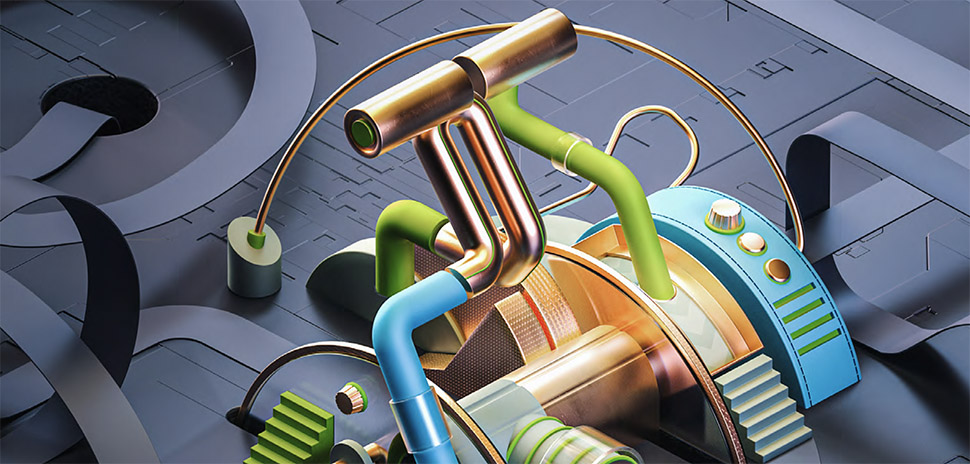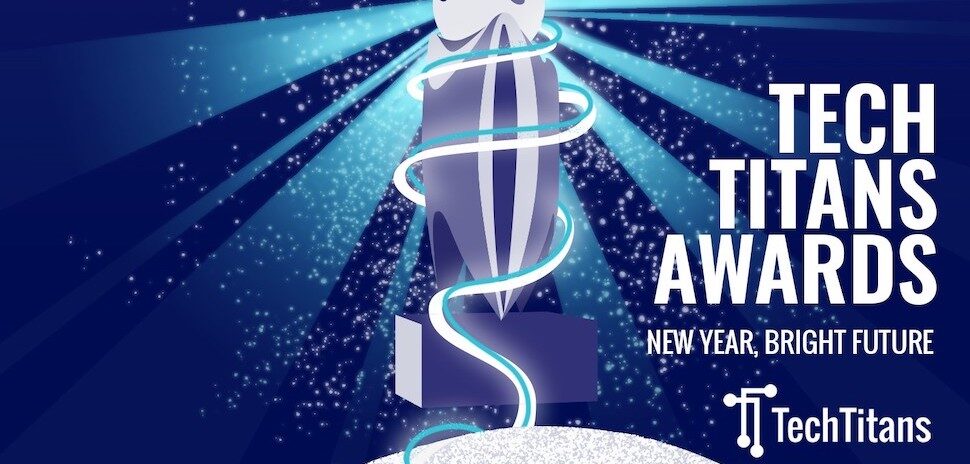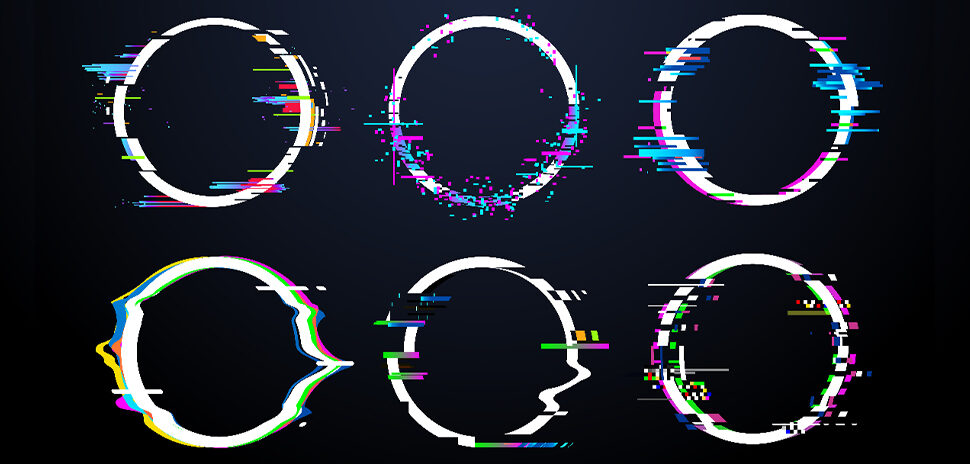Despite 2020 disrupting nearly every facet of all businesses, Americans—and North Texans, especially—have proven their resilience.
In response to the dramatic fluctuations in demand and customer expectation, enterprises have accelerated their digital transformation efforts, making operations more agile and productive than ever before. It was the only way to thrive during a tumultuous year.
Deloitte’s 12th annual Tech Trends Report dives into these strategies and technologies that have had a ripple effect caused by the COVID-19 pandemic. How did organizations reckon with the seismic shifts of 2020?
Each year, the multinational accounting and professional services firm analyzes how enterprises are (and should be) accelerating digital transformation efforts. Nine trends are identified—all that are said to likely transform business in the next 18-24 months.
2020 was like no other, and technology reflected that. But there are even more opportunities that can drive success in 2021.
According to Deloitte, enterprises need to continue embracing technology like never before.
“COVID-19 has forced us to become more adaptable and responsive than we had previously thought possible, driving uncomfortable but necessary growth,” Rob Fitzgerald, Deloitte’s Dallas-based Technology, Media and Telecommunications partner, says. “The trends we are seeing suggest the acceleration of digital transformation efforts not only make operations nimbler and more efficient, but allow resilient response to dramatic fluctuations in demand and customer expectation.”
As Deloitte points out in its Tech Trends report, the future will be vastly different from the state of the world in January 2020. But, “CIOs are already charting a promising path toward tomorrow,” the firm says.
The Tech Trends of 2021 aim to provide insights and inspiration for the digital journey ahead. They are meant to capture actionable advice for business and technology leaders, while showing how technology can enable fundamental business processes to evolve supply chains into value enablers.
“Seemingly overnight, COVID-19 disrupted our assumptions and forced us to become more adaptable and responsive than we had previously thought possible. Comfortable plans for ‘the future’ were condensed from years into weeks,” Bill Briggs, the global chief technology officer of Deloitte Consulting LLP, said in a statement. “This growth was uncomfortable at best, but has driven important change, and the trends we are seeing suggest a more hopeful dimension to the turbulent events of the past year.”
Deloitte’s Tech Trends 2021
The nine trends that Deloitte explores in the report fall under three categories: the heart of enterprise; a better experience, inside and out; and data, the art of the possible.
The Heart of the Enterprise
This category focuses on the alignment of organizational and technological strategy. Each component of an enterprise is complex, but imperative for success. Deloitte thinks that they must work together to support one another.
The trends, with a description courtesy of Deloitte, are:
• Strategy, Engineered: As business and technology strategy become increasingly inseparable, technology choices bear a greater role in enabling—or potentially constraining—organizational strategy.
• Core Revival: As the C-suite increasingly views technology modernization as an imperative to enable strategic change, pioneering IT leaders are embracing new approaches, technologies, and business cases to revitalize core assets.
• Supply Unchained: Pioneering companies are using advanced digital technologies, virtualized data, and cobots to transform supply chain cost centers into customer-focused, value-driving networks.
A Better Experience, Inside and Out
How do you merge the future of digital and physical experiences to drive more value? That’s what this category aims to unfold for customers, employees, and stakeholders.
The trends are:
• Bespoke for Billions: Digital Meets Physical: Forced to embrace digital faster than ever, organizations are recognizing the desired human experience strikes a balance between making traditional physical human experiences more digital, and digital experiences more physical.
• Rebooting the Digital Workplace: The digital workplace represents a fundamental shift in the way work gets done. Organizations are embracing technology to optimize individual and team productivity, collaboration, and the employee experience at large.
• DEI Tech: Tools for Equity: Organizations have access to increasingly sophisticated tools to support their diversity, equity, and inclusion initiatives across the talent life cycle. The tools seek to make DEI decision-making and processes more data-driven.
Data: The Art of the Possible
Human capacity can be augmented at scale if enterprises can move toward automation and machine-led decision making, Deloitte says. This category shows specific opportunities for how to realize more value with industrialization and automation.
• MLOps: Industrialized AI: The era of artisanal AI must give way to MLOps—the application of engineering discipline to automate ML model development, maintenance, and delivery—to shorten development life cycles and industrialize AI.
• Machine Data Revolution: Feeding the Machine: To achieve the benefits and scale of AI and MLOps, data must be tuned for native machine consumption, not humans, causing organizations to rethink data management, capture, and organization.
• Zero Trust: Never Trust, Always Verify: A zero trust cybersecurity posture provides the opportunity to create a more robust and resilient security, simplify security management, improve end-user experience, and enable modern IT practices.
This represents a light overview of how each trend can impact business in 2021. You can explore the full report here.
All trend descriptions and forward-looking statements are courtesy of Deloitte.
![]()
Get on the list.
Dallas Innovates, every day.
Sign up to keep your eye on what’s new and next in Dallas-Fort Worth, every day.































